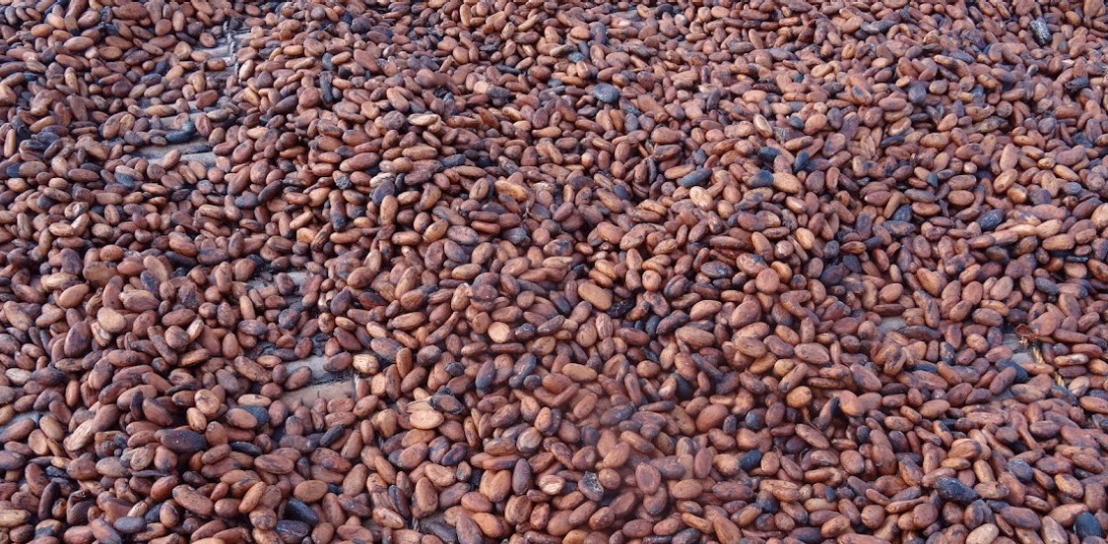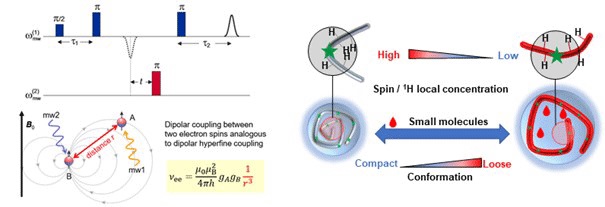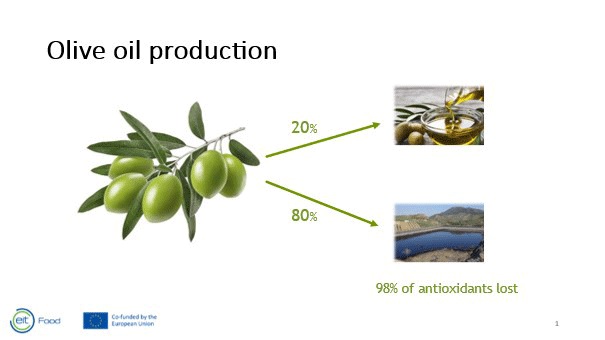Research
The group's research aims to understand plant-based foods and use their chemical properties to improve food quality nutritionally, technologically, and sensorially. This involves bridging gaps between food components and their end products, and directing reactions in desired ways. Key activities include using modern analytical methods, model systems for reactions, and statistical tools to maximize data value.
Process induced changes in dietary fibers of grains
Read more about Process induced changes in dietary fibers of grains on the research page
Fermentation functional co-cultures: a metabolite-driven approach to improve cocoa beans quality, safety, and sustainability

Read more about Fermentation functional co-cultures: a metabolite-driven approach to improve cocoa beans quality, safety, and sustainability on the research page.
Valorisation of olive waste – characterisation of an antioxidant-rich extract derived from olive pomace
Read more about Valorisation of olive waste – Characterisation of an antioxidant-rich extract derived from olive pomace on the research page.
Binding Fibres

Read more about mass spectrometric investigation of the interaction between soluble dietary fibers and small molecules/minerals on the project page.
EPR study of neutral dietary fibres

The interaction between dietary fibres (DF) and small molecules are within great interest in chemical, biological, and nutrition related scientific communities, because of the great health promoting effect of daily intake of dietary fibres.
Read more about EPR study of neutral dietary fibres on the research page.
Phenoliva

Olive oil production is responsible for large amounts of agricultural by-products, with only 20% of the olive fruit harvested resulting in actual Extra virgin olive oil. The remaining 80%, known as olive pomace, is considered waste.
Read more about Phenoliva on the research page.